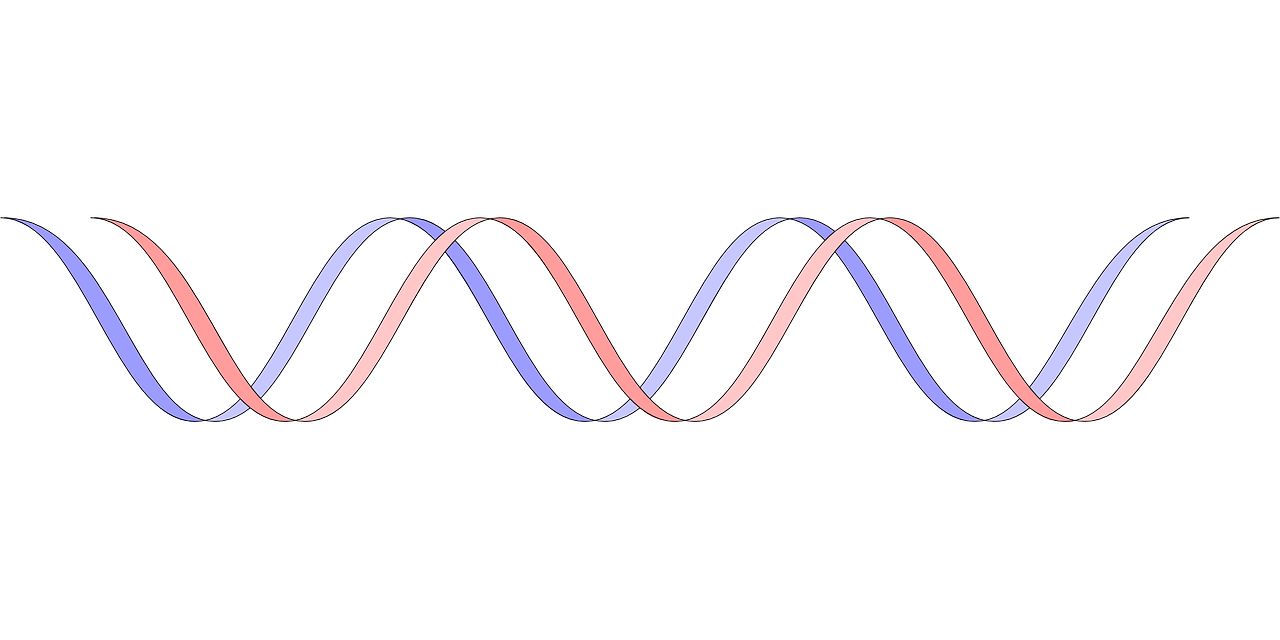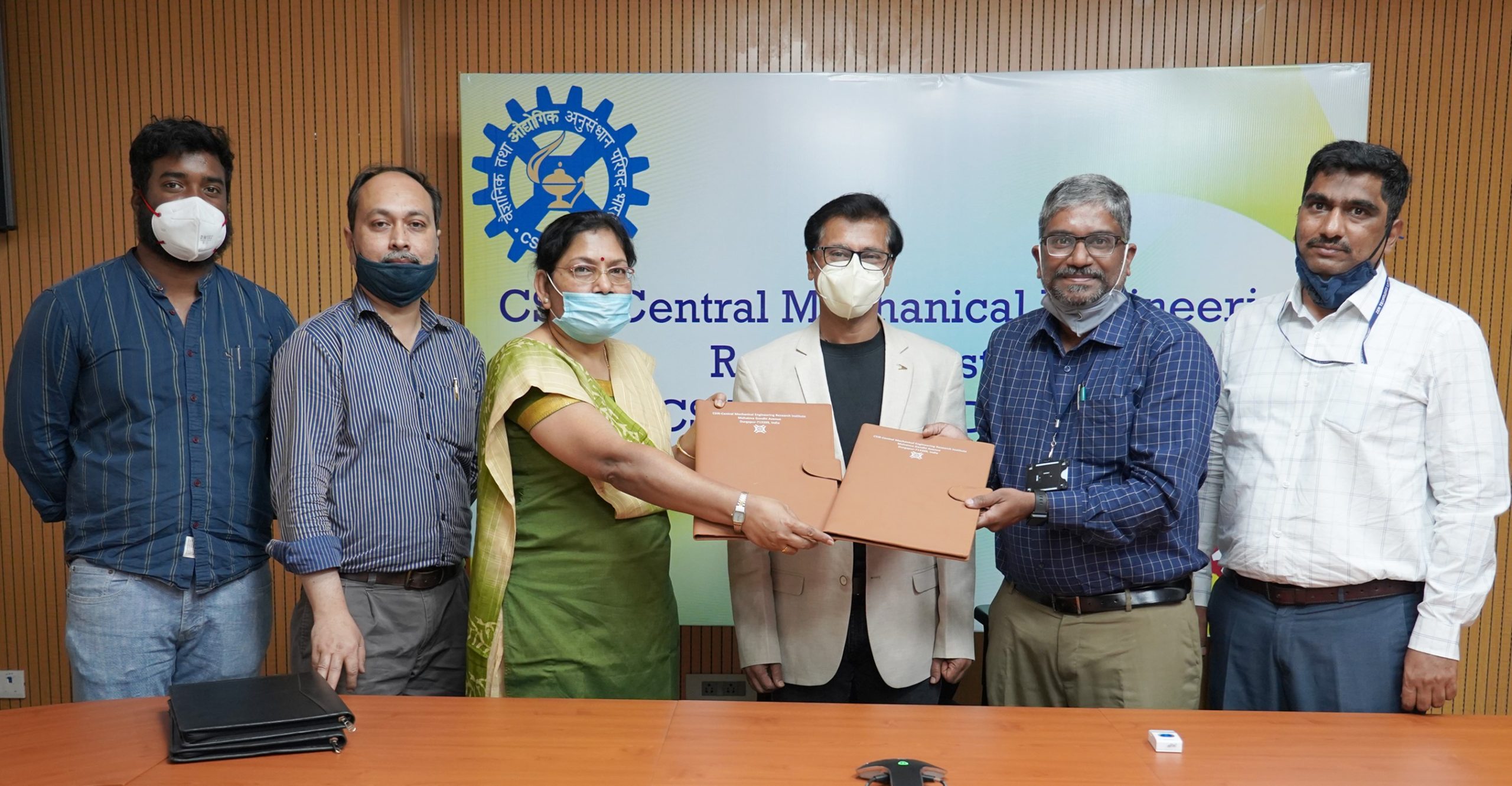
Novel Susceptibility Gene for Non-Familial Hypokalemic Periodic Paralysis
- News
- 1.6K
Researchers from Taiwan recently reported a novel susceptibility gene for non-familial hypokalemic periodic paralysis. This study was published in Neurology.
Familial periodic paralysis (FPP), both the hypo- and hyperkalemic variants, is a relatively rare inherited disorder but nevertheless, is known to most pediatricians. Hypokalemic/hyperkalemic periodic paralysis is a disorder that causes occasional episodes of muscle weakness and sometimes a lower/higher than normal level of potassium in the blood.
On the other hand, non-familial hypokalemic periodic paralysis linked with thyrotoxicosis (Thyrotoxic Periodic Paralysis or TPP) apparently has not been reported in the pediatric literature. Thyrotoxic periodic paralysis is a condition in which there are episodes of muscle weakness in people who have high levels of thyroid hormone in their blood (hyperthyroidism, thyrotoxicosis).
This disorder has been described most commonly in Asian males. A total of 2% of thyrotoxic patients in China and Japan were reported to have this complication, and of these, 23 of the 25 patients were males.
The objective of the current study was to identify susceptibility genes to non-familial hypokalemic periodic paralysis consisting of thyrotoxic periodic paralysis (TPP) and sporadic periodic paralysis (SPP) and explore the potential pathogenic mechanisms.
The researchers enrolled patients with non-familial hypoKPP not carrying mutations in CACNA1S, SCN4A, KCNJ18, or KCNJ2 and conducted genome-wide association analyses comparing 77 patients with TPP and 32 patients with SPP with 1,730 controls in a Han Chinese population in Taiwan. Replication was performed using an independent Han Chinese cohort of 50 patients with TPP, 22 patients with SPP, and 376 controls.
The study identified 4 single nucleotide polymorphisms (rs312692, rs312736, rs992072, rs393743) located about 100 Kb downstream of KCNJ2 on chromosome 17q24.3 associated with both TPP and SPP reaching genome-wide significance. rs312736 was mapped toCTD-2378E21.1, a lincRNA, and direct sequencing revealed an exon variant rs312732 (risk allele A) highly associated with both TPP and SPP.
Overexpression of C (normal allele) CTD-2378E21.1 in C2C12 skeletal muscle cell, but not A (risk allele) CTD-2378E21.1, showed significantly decreased Kcnj2 expression, indicating A-type CTD-2378E21.1 has lost the ability to regulate Kcnj2.
The researchers report a shared genetic predisposition between TPP and SPP. CTD-2378E21.1 is a novel disease-associated gene for both TPP and SPP and may negatively regulateKCNJ2 expression. These findings provide new insights into the pathogenesis of non-familial hypokalemic Periodic Paralysis.
Mahantesh Biradar
This article was originally written by Mahantesh Biradar for BiotechinAsia
If you liked this article, then please subscribe to our YouTube Channel for the latest Science & Tech news. You can also find us on Twitter & Facebook.


